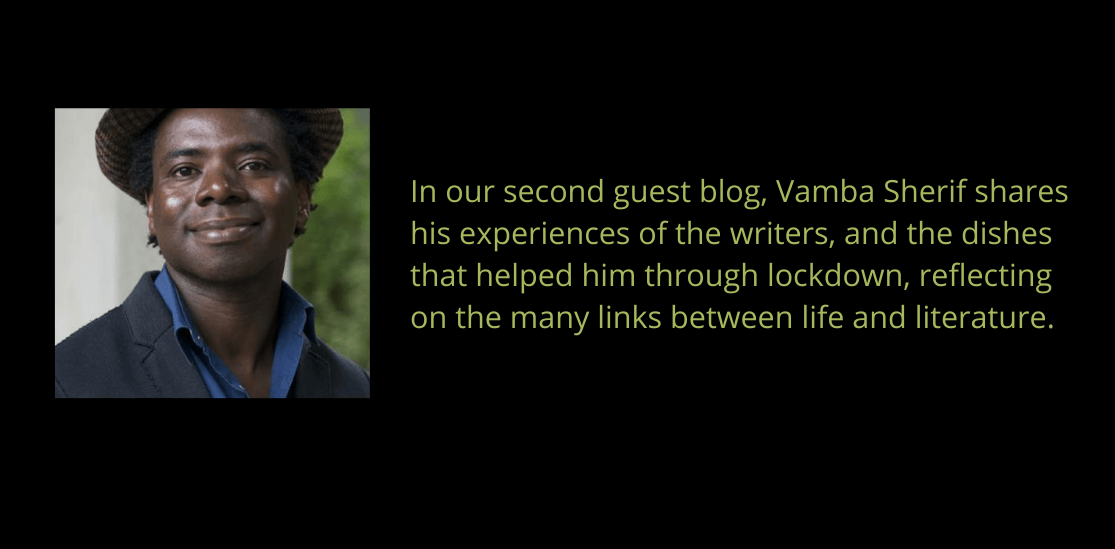Aug 21, 2020
I had worked for months to organize two literary festivals. A series of readings were planned, and a couple of films and documentaries introductions. I was working on a memoir, actually a long letter to my daughter about her Liberian grandmother and my childhood years with her. Faced with the growing sense of unease regarding the changes in the world, I set out to share with my daughter the values and norms that had shaped me. It seemed things were going well for me. Then, all of a sudden everything came to a halt. The readings and the festivals were cancelled. My main source of income was no more. The crisis with COVID-19 had begun.
During the first few weeks, I was paralyzed by fear. Gradually, as I learned to live with the fear, a certain kind of calmness descended on me. The calmness of acceptance. I learned to value the little gifts in my life: my family, the walk along the water in my neighborhood, the shifts in the sunlight, pouring on me as I sat in the garden, in the shade of a tree. I learned to appreciate how far I had come: a young man who had survived two wars, the one in Liberia, my birthplace, and the one in Kuwait, where I lived. I had managed to make something of my life – which was a miracle in itself.
I turned to those very things that were once a part of my life but that I had not properly valued. I took to cooking. Every day, after a bout of writing, I looked forward to the moment of standing in the kitchen and preparing sumptuous dishes for my family and friends. I would browse through cooking books, spending hours in the kitchen. For the crisis had taught me not to be hasty at all but to appreciate every second and minute of the day. I prepared all manner of African, Asian and European dishes: from the cassava leaves sauce of Liberia, to various Italian dishes like Risotto, and Indian dishes like Biryani. Sometimes the dishes were not what I had expected, but the efforts were appreciated and the time spent as valuable. I didn’t know that I had it in me to make such wonderful dishes. I read somewhere that the great novelist Maryse Condé equated her love of literature to her love of food and cooking. This declared passion shocked her publisher. Literature could never be equated to the love of food. But to defy her publisher, she went on to write a book about her passion for food.
While I cooked every day and wrote in the mornings, I dedicated the night to reading. I had begun reading the entire oeuvre of Toni Morrison, which I completed during the crisis. Along the way I discovered anew her great storytelling skills. Like very few before her and even now, she had inherited the art of eloquence as handed down to Africans on the continent and in the diaspora by the Guardians of the word: the djelis or the griots. Like the delis, she had an audience in mind, to whom her stories, ensconced in myths and legends, were told.
I reread my novels, too, beginning with the first, Land of My Fathers. While reading, I realized that the novel explores a theme that is also prevalent in Jewish literature: the presence of righteous men amongst us who rises up to the occasion to right a wrong or to avert evil. My character Halay is such a person. In fact his descendant, a young man caught up in the Liberian civil war, is the righteous man is personified. The novel was a result of my search for answers regarding the war that separated me from my family. My fear of that war and the terror of dictatorship, which I had escaped from in Kuwait during The First Gulf War, resulted in my most successful novel, Bound to Secrecy, which is less about the abuse of power but more about who people stand up to that injustice.
Every day I go about my life, pausing now and then to appreciate the fleeting moments. And I am glad that I get to share my passion for the world like those great writers before me.
Vamba Sherif
The Netherlands 2020
